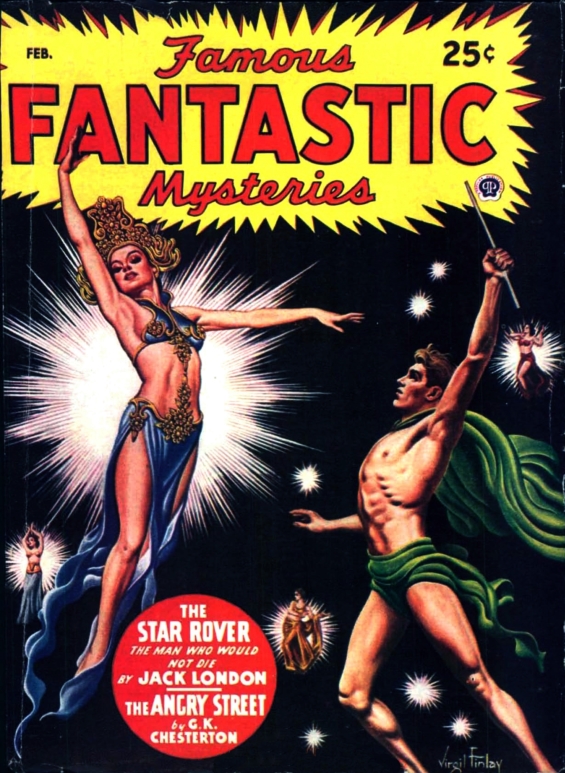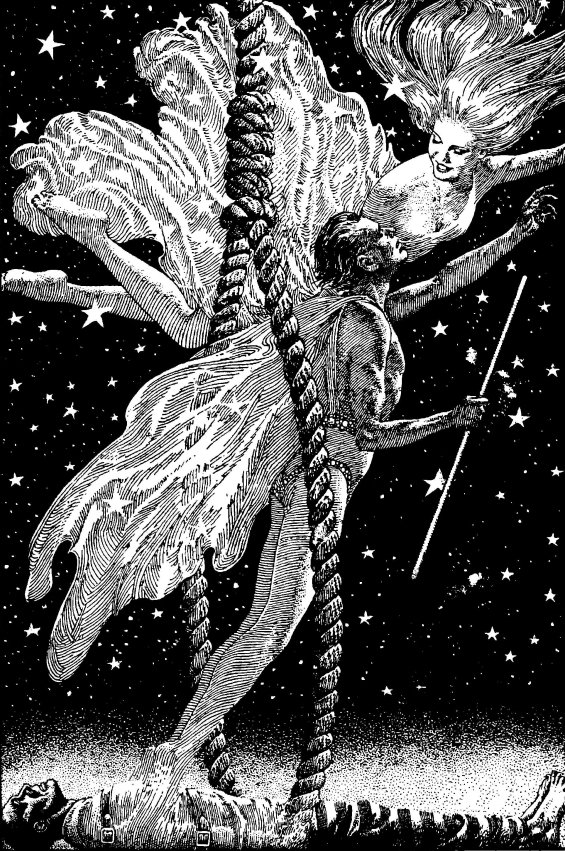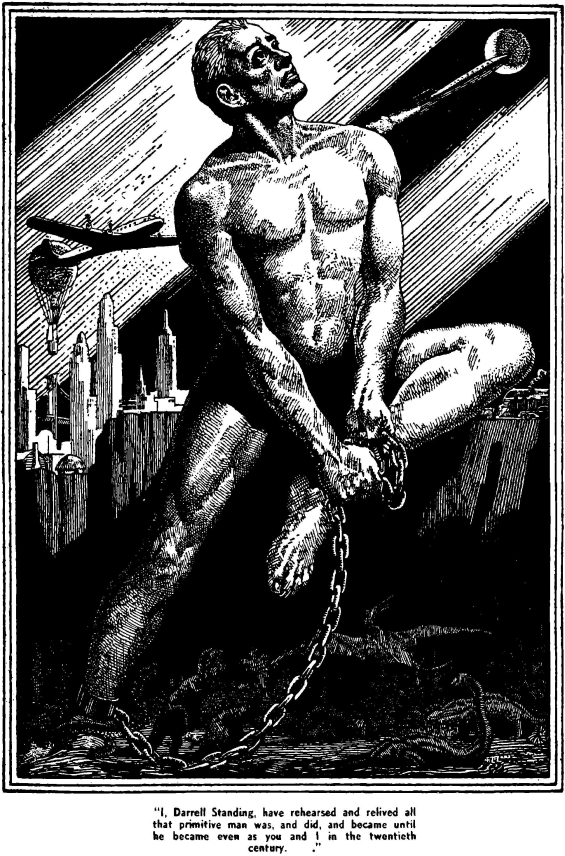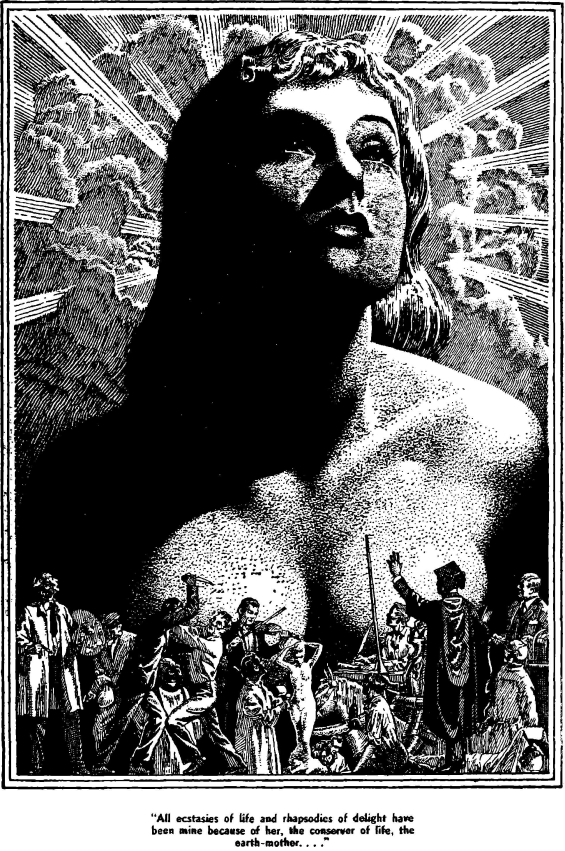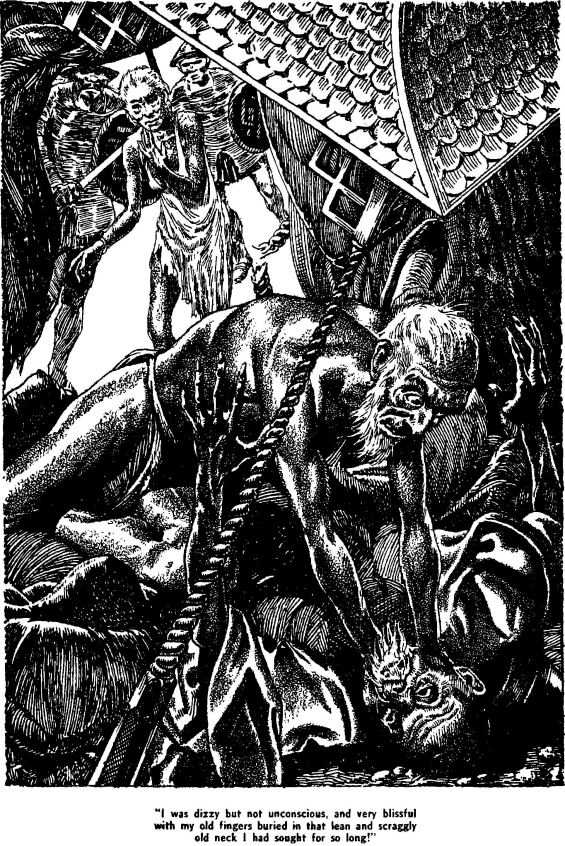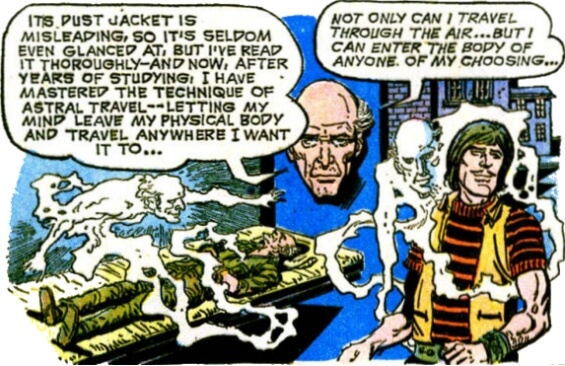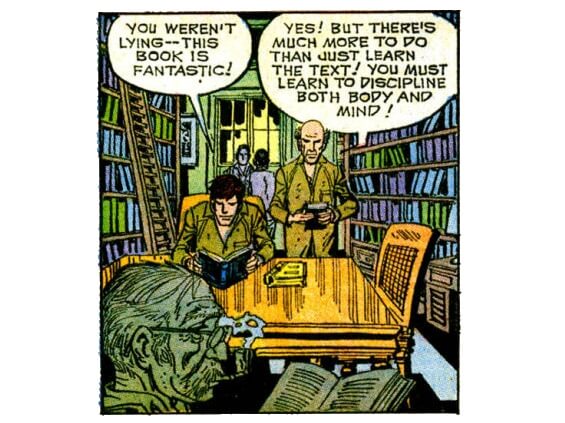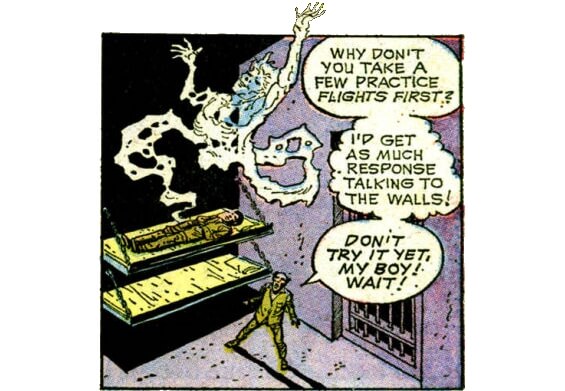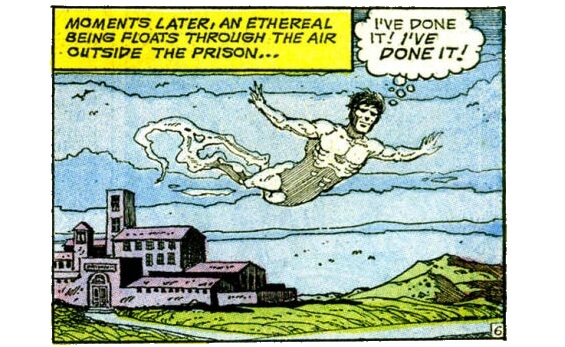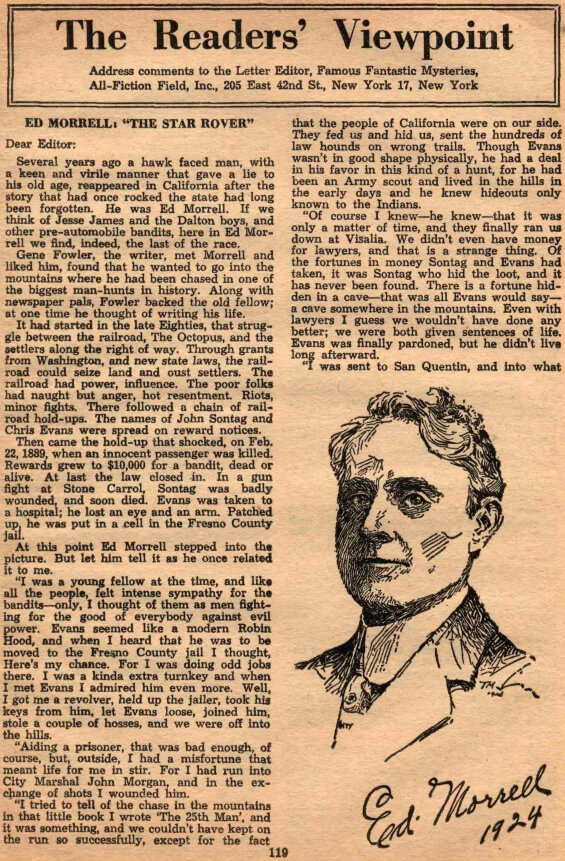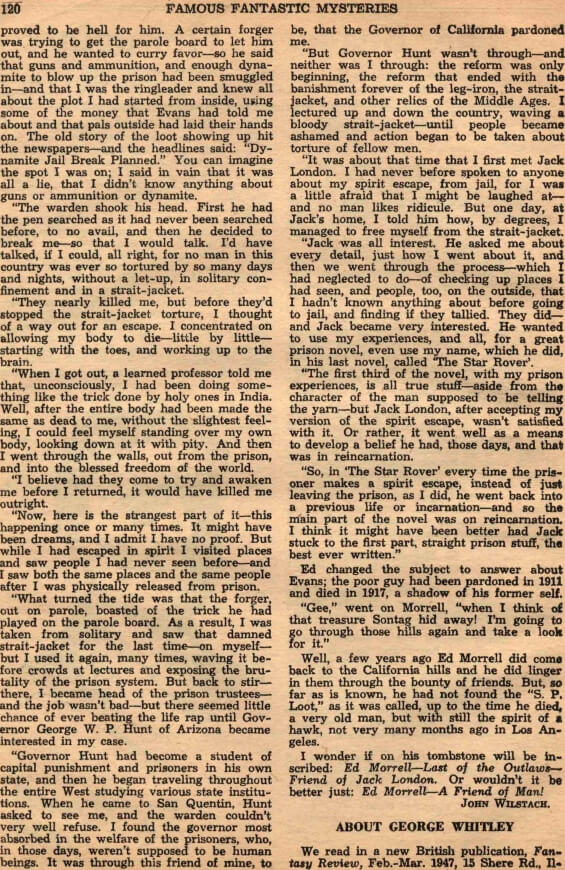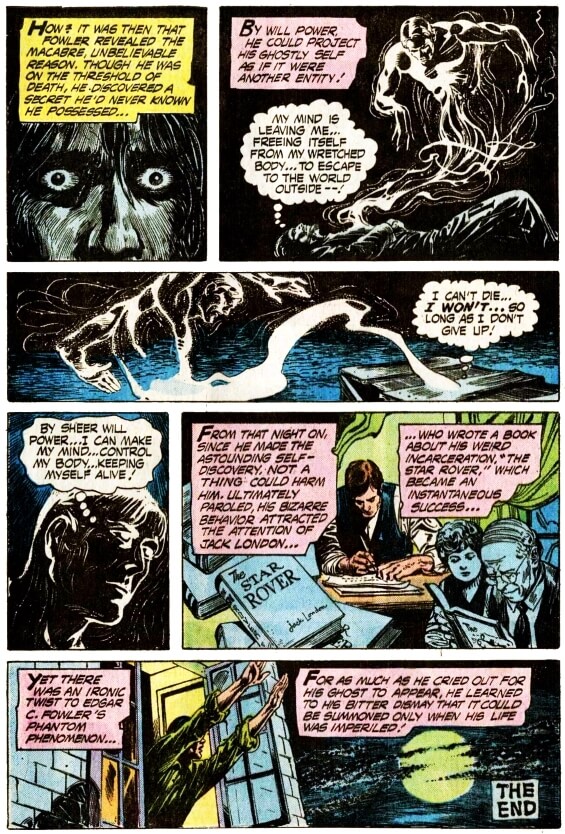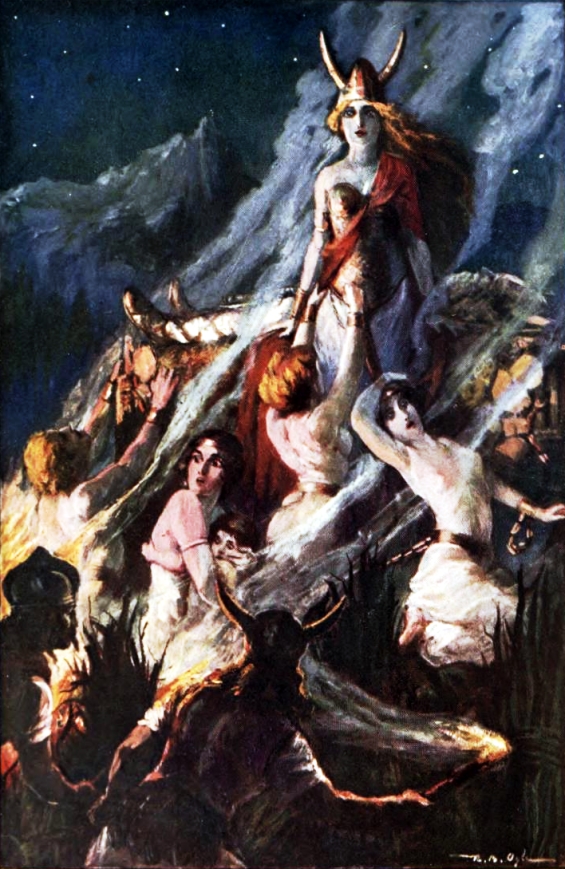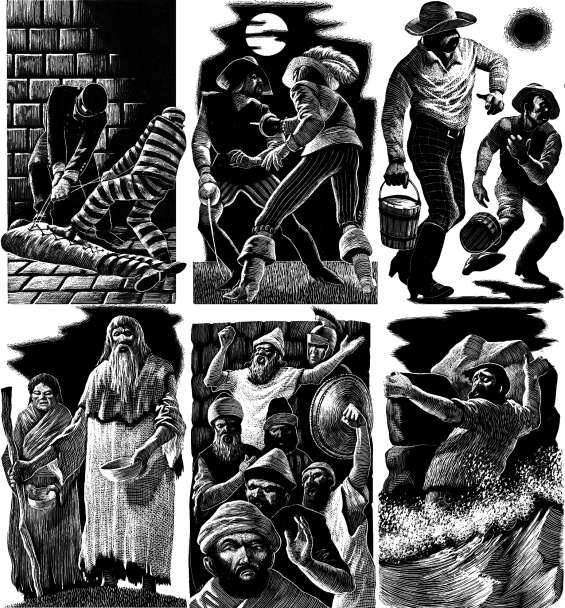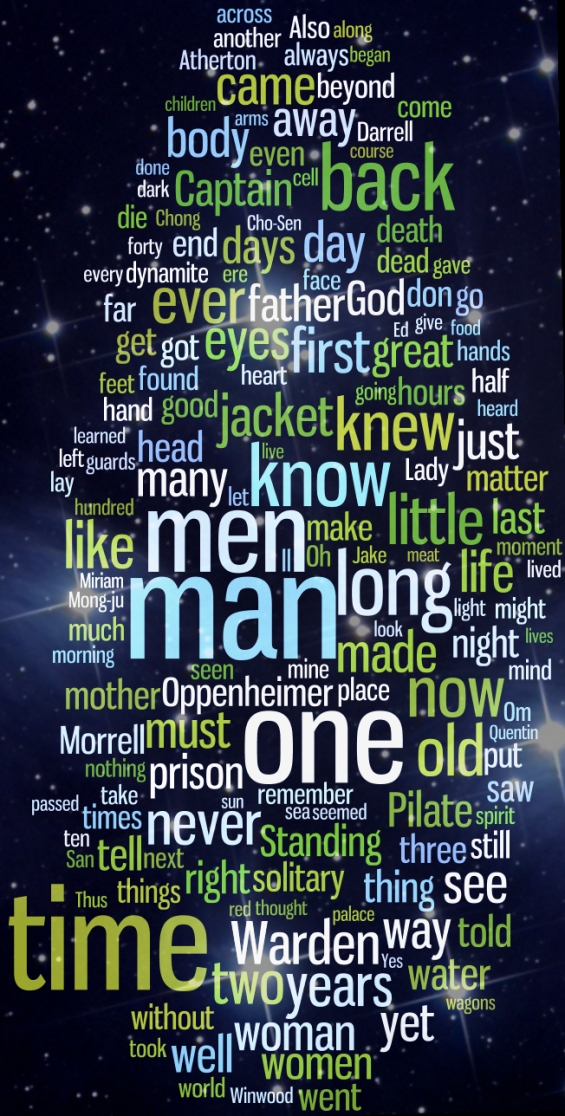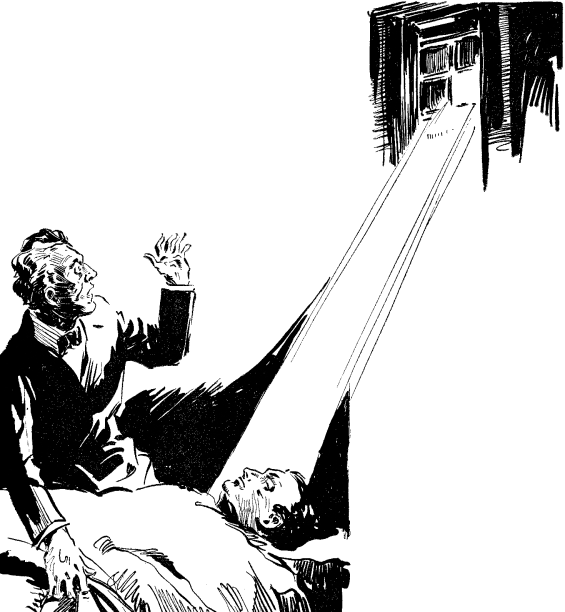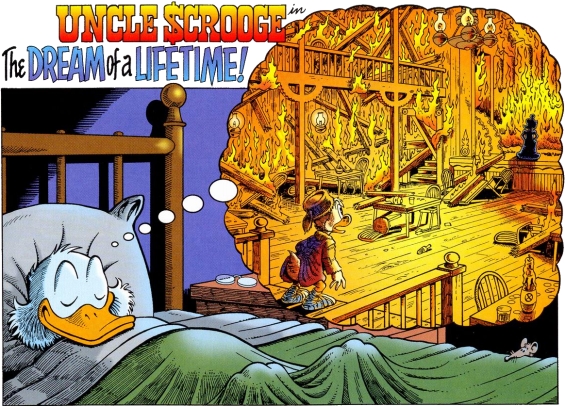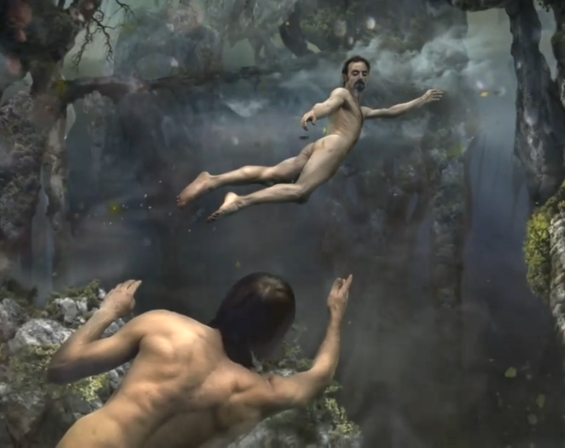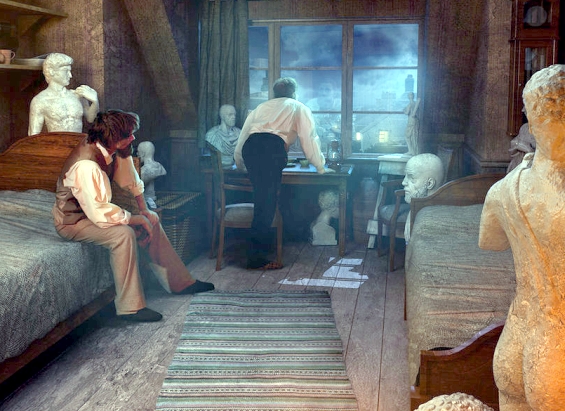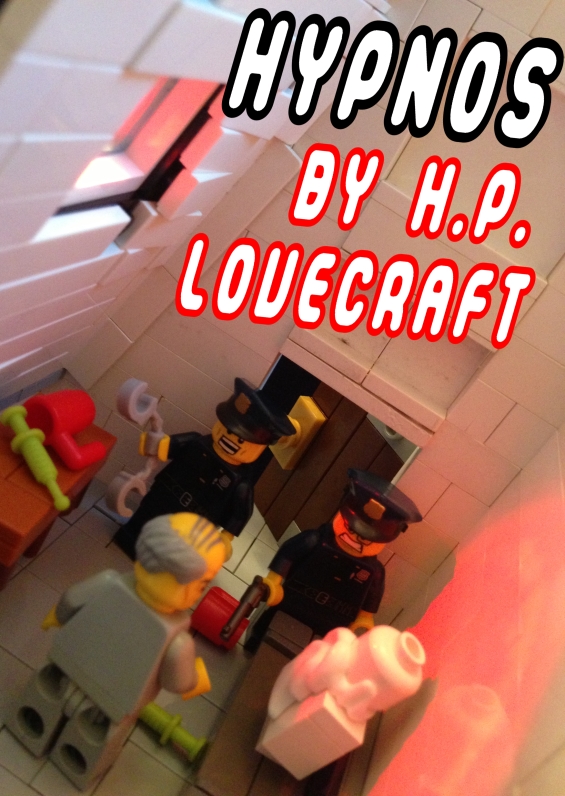
 The SFFaudio Podcast #336 – Jesse, Paul Weimer, and Bryan Alexander talk about A Voyage To Arcturus by David Lindsay
The SFFaudio Podcast #336 – Jesse, Paul Weimer, and Bryan Alexander talk about A Voyage To Arcturus by David Lindsay
Talked about on today’s show:
the original title Nightspore Of Tormance, colouring a reading, a really weird book, William Blake meets Gene Wolfe but Scottish, H.G. Wells in the 1960s taking acid, John Bunyan meets science fiction, The Pilgrim’s Progress, do they leave the Earth?, the first five chapters, multiple resonances, future echoes, quasi-science fiction philosophy, a time travel book, a time loop, a Buddhist reincarnation story, everyone at the party, Krag, Surtur, and Shaping, a gnostic novel, re-reading the ending, Crystalman, a terrifying demi-god, a breathtaking thing, later Philip K. Dick, Galactic Pot-Healer is a happy version of this story, like the Epic Of Gilgamesh, profound and disturbing, the death-toll, The Odyssey, everyone who sails with Odysseus gets killed, Maskull is a killer, a freebooter, one half Conan, detailed set-up, energetic, furious, uncontrolled, coming to self-knowledge, the demi-urge we’ve been looking for, maybe the events are co-temperanous, the events on Arcturus vs. the events on Earth, time-travel, myth, mythic time is always happening, coming to awareness, pursuit of liberation, the point of process, the 1971 movie, black and white and low budget, hippie hair on Maskull, Mr. Hair, the medium, you are about to witness a materialization, isn’t that clever?, Lindsay injected so much resonance, dream-like, everything that Nightspore says and does shows his experience level, All You Zombies, By His Bootstraps, Predestination (an adaptation of Robert A. Heinlein’s All You Zombies), this book is about gender, female and male selves, the third gender, the Wombflash story, another version of Maskull, Joywind, a story about the human experience, Maskull = man-skull or mask-all, really profound!, like a religious text, explaining the conflicts with women, Oceaxe, Panawae, sacrificed for him, the Wikipedia chapter summaries, Starkness observatory, an observatory without telescopes!, The Crawling Chaos by H.P. Lovecraft, a house as a symbol for the body, climbing the observatory, he had three times the gravity, roll-up their sleeves, spitting on their wounds, this is a suicide story too, Joiwind, blood swap, blood brothers, quick sex, Crag spits on the blood, Steven Universe, naked wrestling, horseplay, matterplay, very 1960s, I Will Fear No Evil, Stranger In Strange Land, Mah-skuul, the voyage removes the masks, a total vision of the universe, explaining all of nature, Hindu reincarnation, a Promethean element, the fire of the gods, Fred Kiesche, the Ballantine publication, a sixties thing, the tower’s levels, climbing the Karmic ladder, what has need got to do with it?, each window is a life, Tormance = torment + romance or to romance, a quasi-scientific romance, Tralfamadore, Tormance as a platonic version of Earth, Eric S. Rabkin’s science fiction class, new senses, new organs, new colours, the sheer weirdness, a lake that is a musical instrument, like Ringworld, Carcosa, Jale and Ulfire (new colours), Mr. Jim Moon, The Night Land by William Hope Hodgson, a lack of rockets doesn’t prevent travel to the stars, a torpedo, backlight, quasi-science fiction, Edgar Rice Burroughs, like John Carter’s journey to Mars, like Superman under the yellow sun, a 19 hour journey, the profound understanding of the size and age of the universe, The Shadow Out Of Time by H.P. Lovecraft, deep time, massive space, the limitation of physics and limitations of matter, Violet Apple website (about David Linday), Oceaxe from Sycorax (from William Shakespeare’s The Tempest), Harold Bloom’s A Flight To Lucifer, C.S. Lewis was the first and only fan of the book, a complaint about the theology?, The Razor’s Edge by W. Somerset Maugham, wanting to find meaning in a godless or evil-godded universe, the strict rules of realism, The Glass Bead Game by Hermann Hesse, a post-apocalypse novel, a game of all of human knowledge, Siddhartha, Jesse is anti-realism, after reading A Voyage To Arcturus Jesse feels uplifted, it is all wrapped up in an H.G. Wellian style explanation, the greatest joke ever, the guy attending the seance is the guy who is called forth at the seance, The Red Room, bridging the gap between the ghost story and the real science fiction philosophy quest for the purpose of existence, Cavorite, a way to get to the thing that you want, a chapter about colour theory, art theory, Eric would be interested in Joiwind’s eating habits, eating Gnallwater, philosophy of food, vegetarianism, raising animals for food, Hinterland Games’ The Long Dark, as a WWI novel, the traumatic waste, the bonding of an individual to the will of a country, the Vietnam War, go out and kill people?, explaining the seance, the U.S. Civil War, 1920s and 1930s fiction, Mrs. Dolloway by Virginia Woolf, unseated and violent, this is a guy who went to war and didn’t like what he saw, Robert Graves, Goodbye To All That, comparisons to J.R.R. Tolkien’s textual texts, Lewis is more projective, Narnia, Lindsay and LEwis looking forward and Tolkien looking back, Middle Earth as the original history of Earth, Lewis looking forward, so much suicide, this book doesn’t shy away from anything, homoeroticism, Anne Leckie’s new exciting non gendered pronoun book, yeah well so does this 1920 novel, this book has everything, the third sex, gender swapping, how could this book ever make the mainstream?, Michael Bay production, Die Farbe (the German movie adaptation of The Colour Out Of Space), out on DVD-R, black and white and colour, colour changes, always travelling north, Maskull get on a train and go north to Scotland, back to Buchan, Olaf Stapledon, getting the cosmos, the universe becomes a character, The Last And First Men, Martian energy beings, Starmaker is like Edgar Rice Burroughs, massive issues of being, an ethical call to people, there’s nothing quite like it to day in fiction, Hypnos by H.P. Lovecraft, astral projection, we’ll go to the Moon, The Crystal Egg, working with the limited physics that is possible, Star Trek, Tsiolkovsky and Goddard, Star Wars, green corpuscles, the midichlorians, an airplane/submarine, Abaddon’s Gate by James S.A. Corey, an echo of Verne and Wells, mundane science fiction, this is bullshit!, their all jobless!, this is not planetary romance, more like H.P. Lovecraft’s dreamlands, dream rules apply, the experience of reading Gene Wolfe, mythic power with personal power, something is happening right around you.

Posted by Jesse Willis
